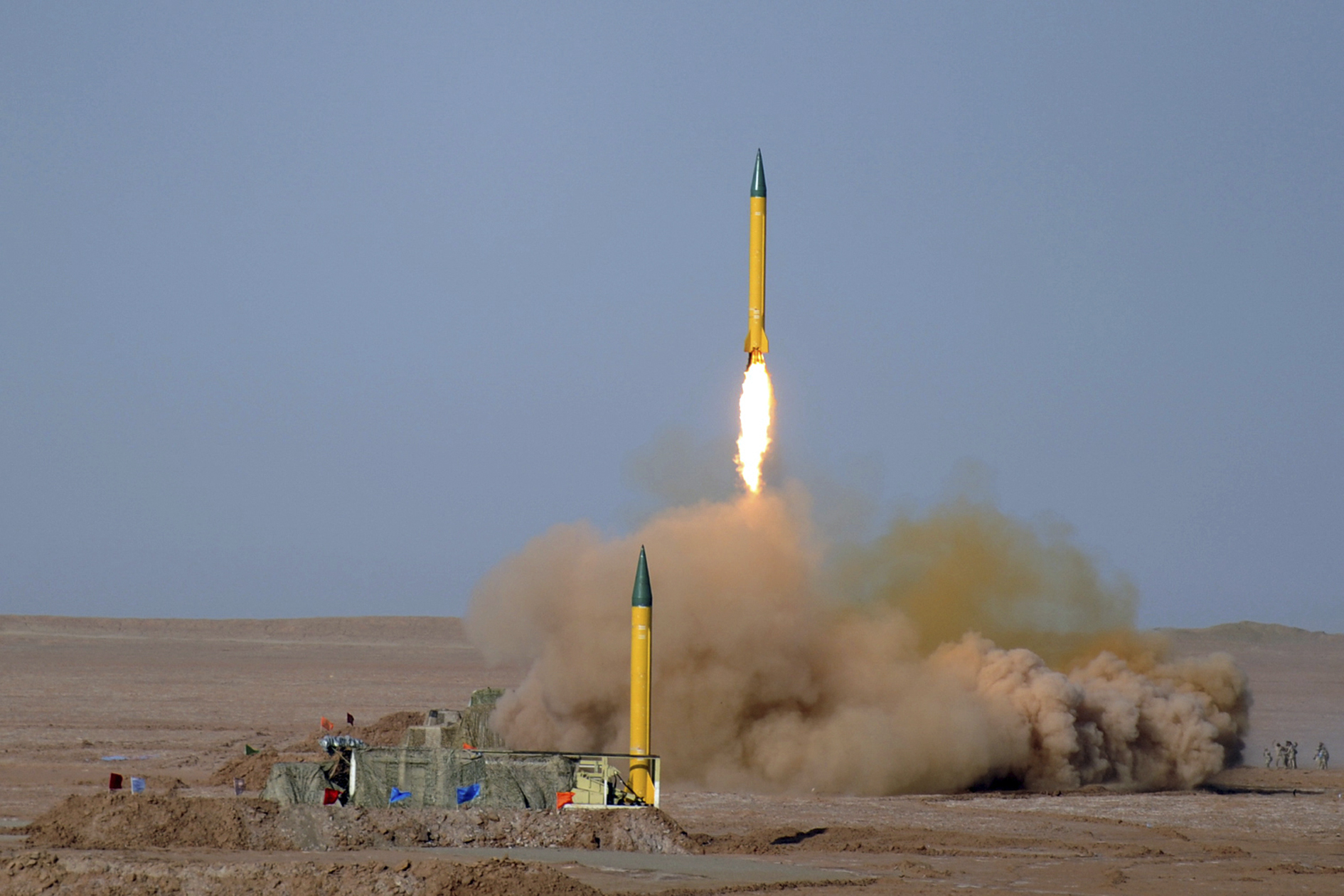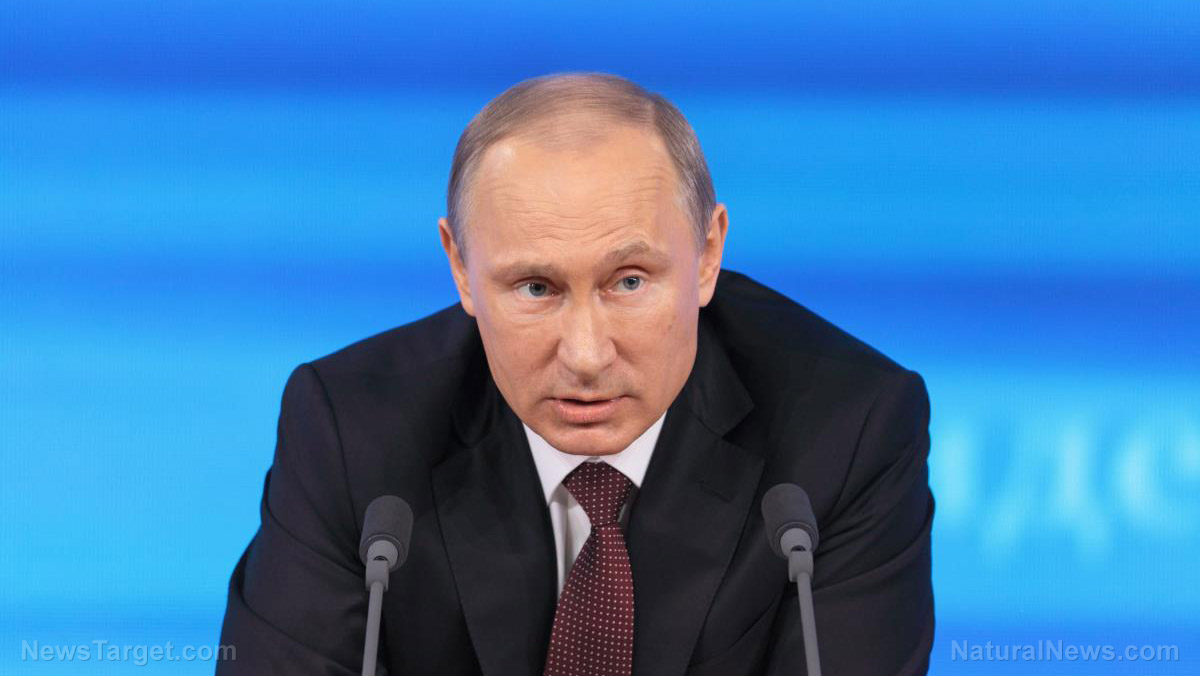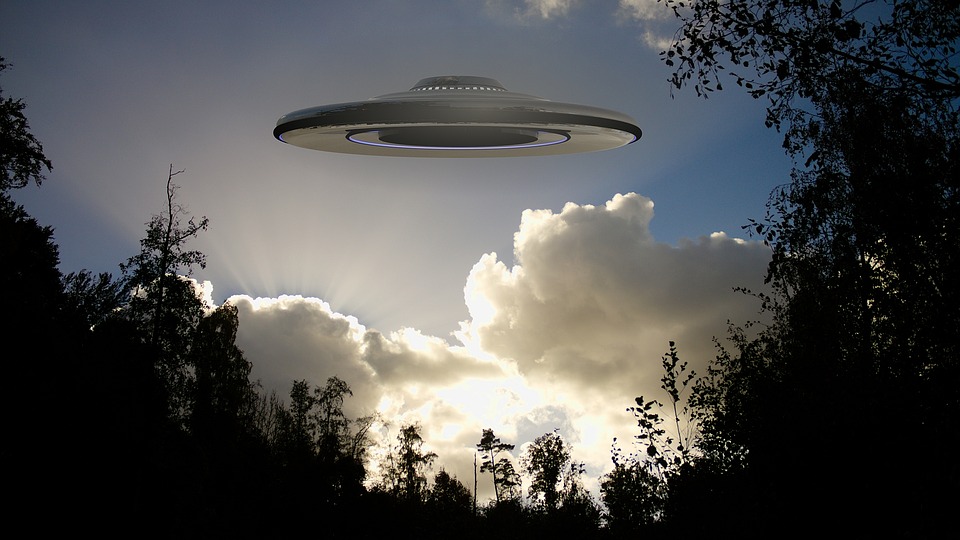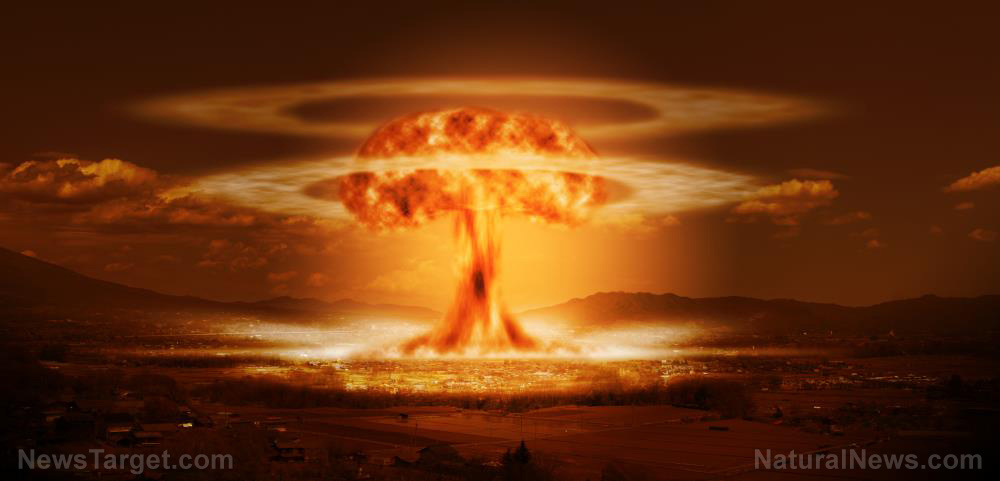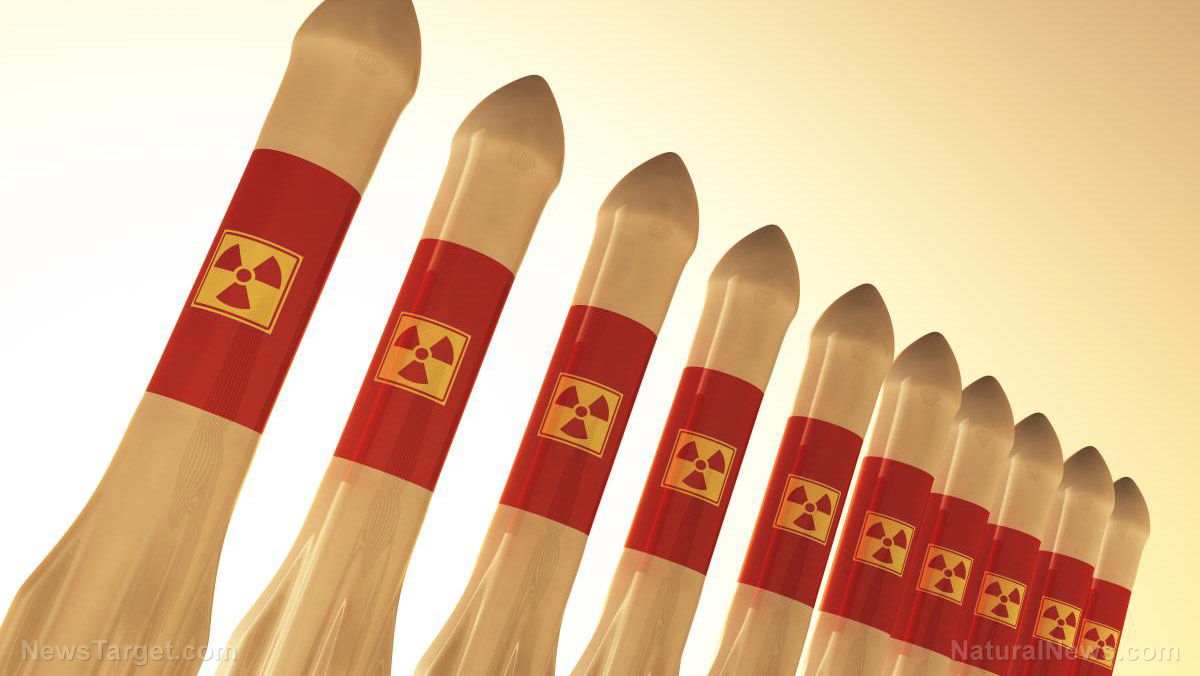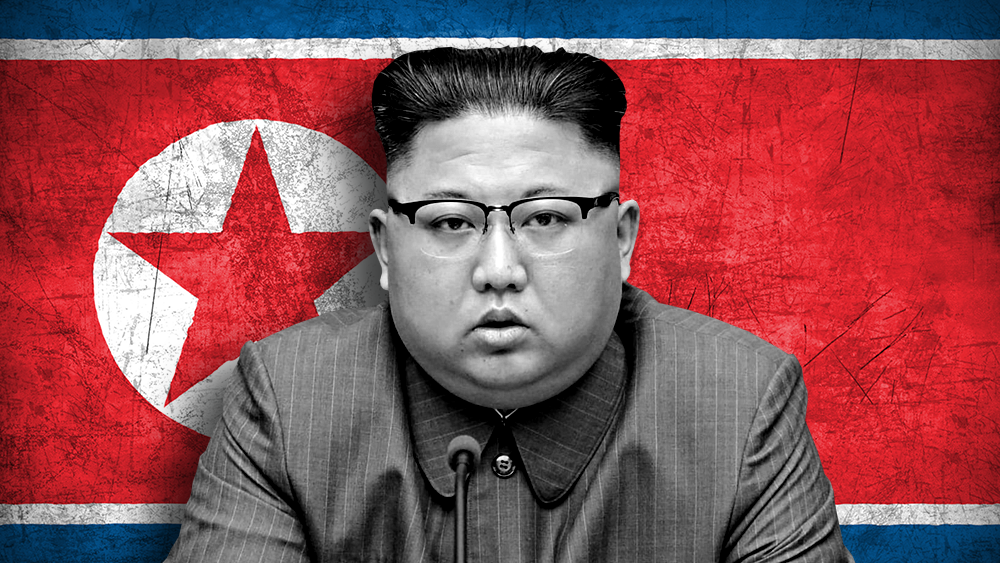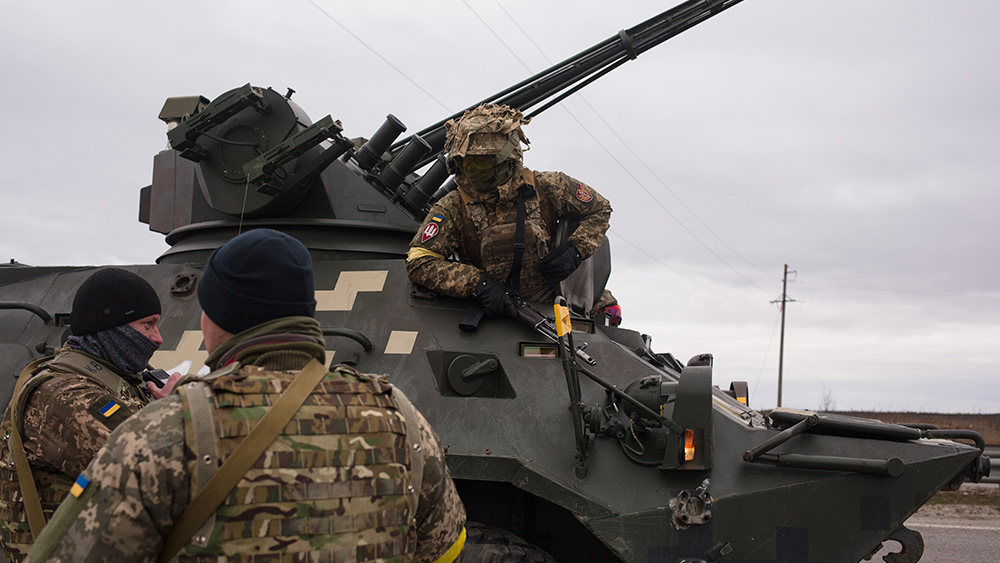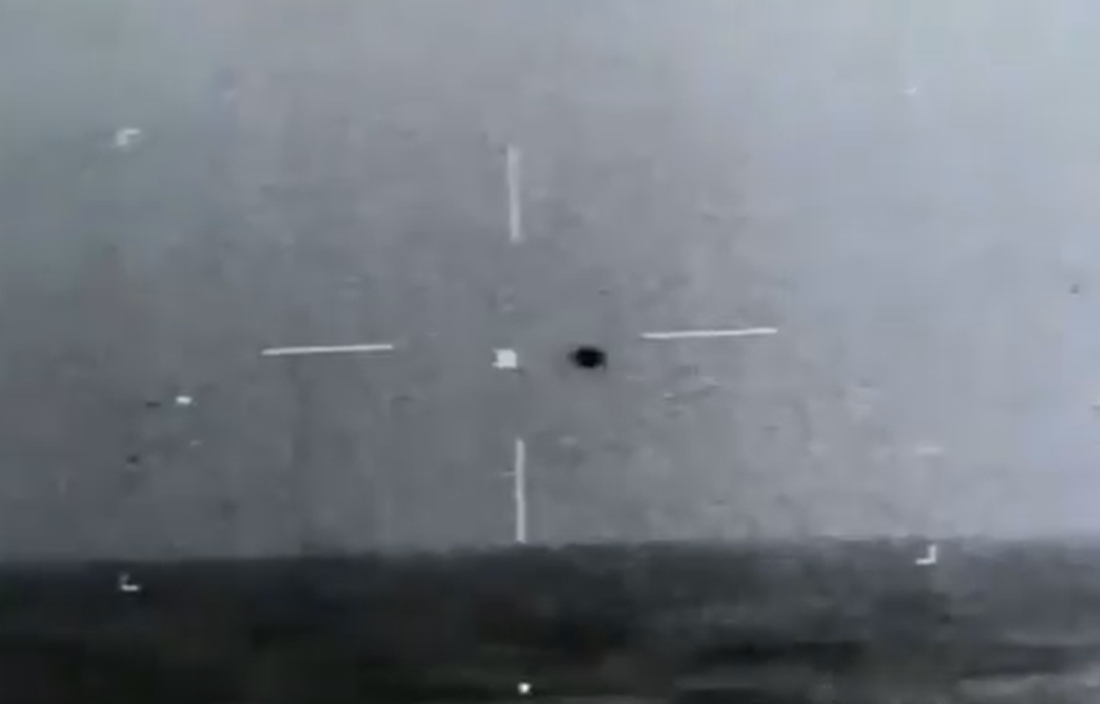Former Pentagon official warns via NATO website: West should prepare for NUCLEAR WAR
10/10/2023 / By Belle Carter

A retired United States Department of Defense official alerted the Western bloc and urged it to start preparing the use of nuclear weapons not just in Europe should Ukraine’s war with Russia continue to blow up, but also if the United States’ clashes with China escalate in Taiwan.
Former Pentagon official Gregory Weaver, who served as the principal nuclear and missile defense advisor to the Joint Chiefs of Staff, wrote an article published on NATO’s website arguing that counter to Moscow’s long-standing nuclear doctrine, Russia may use tactical nuclear weapons either to stave off a battlefield defeat or bring about a swift victory to a conventional conflict, such as that in Ukraine. “In such a scenario, the Russian military leadership would assume that the West would not respond in kind, for fear that the situation would escalate uncontrollably to a large-scale U.S.-Russia homeland exchange,” he predicted.
Amid all of this, he pointed out that America should not fear nuclear war, rather, it must embrace it and start prepping. He said NATO should equip its fighter jets and submarines with tactical nuclear weapons to deter a tactical Russian strike, and “convince Russian leadership that NATO is fully prepared to counter limited nuclear first use with militarily effective nuclear responses of our own.”
Russian President Vladimir Putin’s clear nuclear doctrine, which allows for the use of atomic weapons in the event of a first nuclear strike on its territory or infrastructure, or if the existence of the Russian state is threatened by either nuclear or conventional weapons, has not changed since 2010.
Local news website RT reported that the doctrine does not make any exception for the use of tactical nuclear weapons, which are far less powerful than the strategic nuclear weapons that NATO and Russia would fire at each other in the event of an all-out exchange. However, Weaver claimed that the Eurasian country would not hesitate to launch an attack on NATO states in Europe, despite clear guidelines. If the U.S. gets busy fighting China over Taiwan, a scenario that he treats as possible without further explanation, the nuclear attack could take place.
In case this happens, he recommended that the intergovernmental military alliance be more precisely deep in its strike capabilities in Europe, form “several modern armored divisions” in the Baltic states and Eastern Europe, and press European members to “provide more conventional capability,” while America delivers the weapons.
He concluded: “The bottom line is that European Allies will have to provide more conventional capability more efficiently, without perceiving the U.S. request to do so as signaling a reduced U.S. commitment to the defense of NATO. And the U.S. needs to provide additional theater nuclear capability. Failing to do both will risk opportunistic aggression in Europe and a war in which NATO will be more reliant on nuclear weapons against an adversary that has a growing theater nuclear advantage.
In the wake of the war in Ukraine, deterring Russian nuclear use is not the place for NATO to take risks. An inability to deter or counter Russian limited theater nuclear use will make both Russian conventional aggression and nuclear escalation against NATO more likely, especially opportunistic aggression by Russia.”
Did the Ukraine-Russia war expose America’s limited military power?
After three decades of dominance, observers start to question if the United States is really strong enough to take on Russia and even China in terms of military prowess.
Amid the slow-burning Ukraine’s much-hyped counteroffensive, Putin as well as the mainstream media have acknowledged Kyiv’s weak armed forces capabilities and this also reflects the power of the country’s main sponsor – the United States, when it comes to waging a large-scale war with a well-equipped enemy such as Russia. The same goes for the burgeoning conflict in Taiwan, where China has been showing off its military power via its war drills surrounding the island.
“Various analytical reports have repeatedly stated that the U.S., despite a mind-boggling annual financial outlay, may have trouble confronting a major power. A number of American experts have warned that Washington’s superiority in terms of precision weapons, intelligence and targeting may not be enough when facing a really large enemy as opposed to a third-world country or an insurgent formation,” a separate RT report included.
And despite all the warnings, Washington overestimated its own capabilities and underestimated those of the enemy. As a result, its assistance to Ukraine turned out to be insufficient and weak. Meanwhile, the U.S. and its NATO allies are not ready to provide more aid, since this would greatly weaken their own military power and the nations’ economies. (Related: NATO’s ammo shortage worsens due to skyrocketing prices and Ukrainian troops’ overconsumption of artillery shells.)
Speaking at the UN General Assembly in New York last month, Russian Foreign Minister Sergey Lavrov said that Western leaders have become obsessed with inflicting a “strategic defeat” on Russia, and because of this, they have already lost their “sense of self-preservation.”
Check out WWIII.news for more updates related to the Russia-Ukraine war and the United States’ involvement in it.
Sources for this article include:
Submit a correction >>
Tagged Under:
big government, chaos, China-Taiwan conflict, conflict, conspiracy, dangerous, Gregory Weaver, military tech, national security, NATO, nuclear, nuclear war, nuclear weapons, pentagon, preparedness, Russia, self-defense, Ukraine, US, weapons technology, west, World War III
This article may contain statements that reflect the opinion of the author
RECENT NEWS & ARTICLES
COPYRIGHT © 2024 fallout.news
All content posted on this site is protected under Free Speech. fallout.news is not responsible for content written by contributing authors. The information on this site is provided for educational and entertainment purposes only. It is not intended as a substitute for professional advice of any kind. fallout.news assumes no responsibility for the use or misuse of this material. All trademarks, registered trademarks and service marks mentioned on this site are the property of their respective owners.

